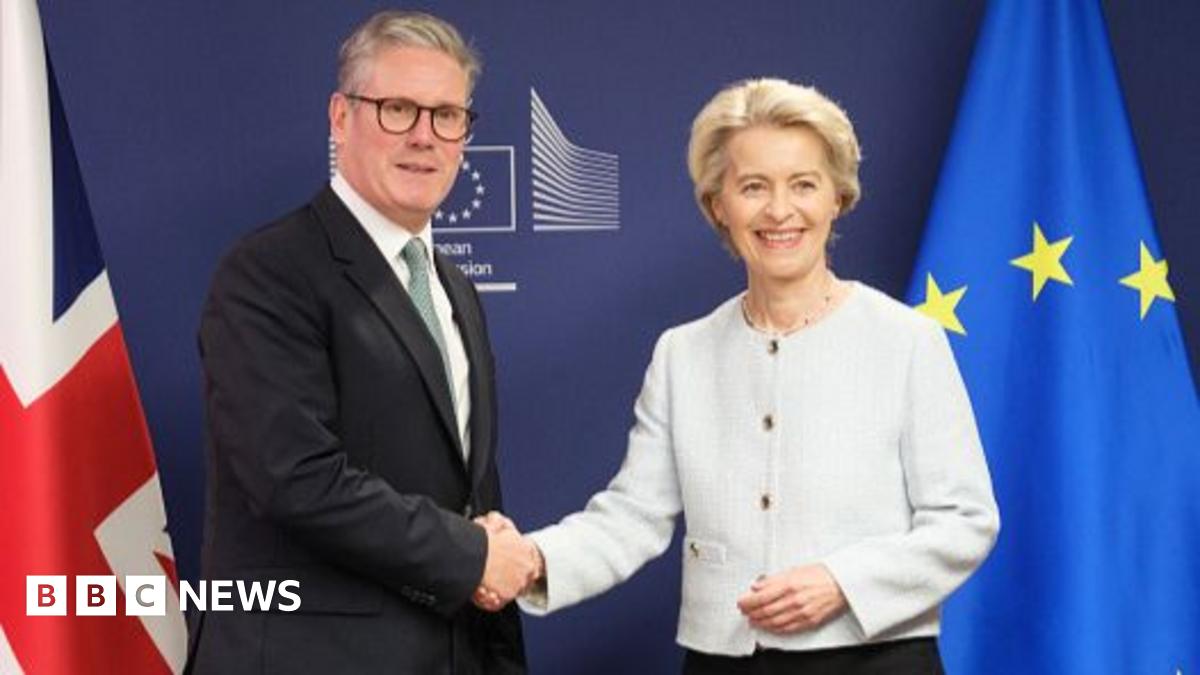blueparrot
Well-Known Member
- Joined
- 7 Jun 2012
- Messages
- 29,844
Not sure now we've seen both sides it's true any more. Most pols for rejoining are over 50% and quite a few don't knows. For closer relationships,its even higher.Yes and the crux of Brexit is that the UK electorate has always rejected ever closer union and this was reinstated at the referendum so I just ask you how could we therefore possibly remain within it?
I'm not too interested in what you say about the intentions of its foundation because you're basically expressing the view of Europeans and European politicians but it isn't the UK view. I am British, I only care about what the UK intended for the EU given we were a founding member and we never intended for it to become what it is today. The British seemingly support a more conservative and smaller state and this is the opposite of what the EU is.
I think many on here miss that there are few who believe in this further integration of everything. That view isn't representative of the UK electorate where the majority are leavers, skeptics or they just don't care. You can see that in the energy for European elections where turnouts were always well below 40%.
As a result, whatever the EU was or is, the argument to remain a part of it was lost and whatever the EU's founding principles are they just aren't reflected in the UK. So I again can only ask how could we ever remain a part of something that we fundamentally disagreed with and largely couldn't change?
A huge 68% of respondents in Britain see a benefit in reintroducing cross-Channel freedom of movement in exchange for access to the European single market.
The desire for co-operation, and willingness to forgo previous red lines, is also reciprocated in Europe.

UK and EU look to 2025 as year of reset but with little room for trade-offs
Sir Keir Starmer is invited to an EU summit in February - the first of its type since the Brexit negotiations.
www.bbc.co.uk
